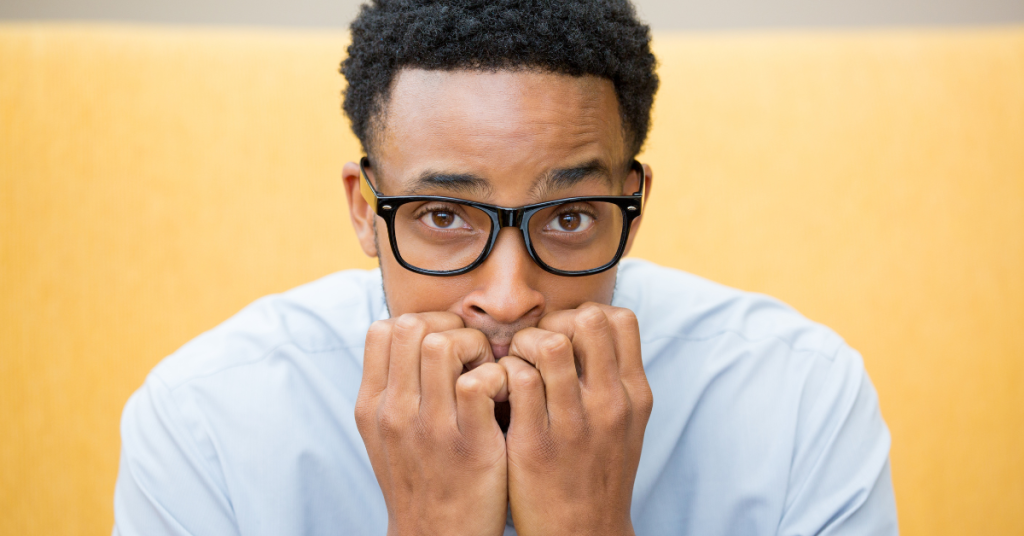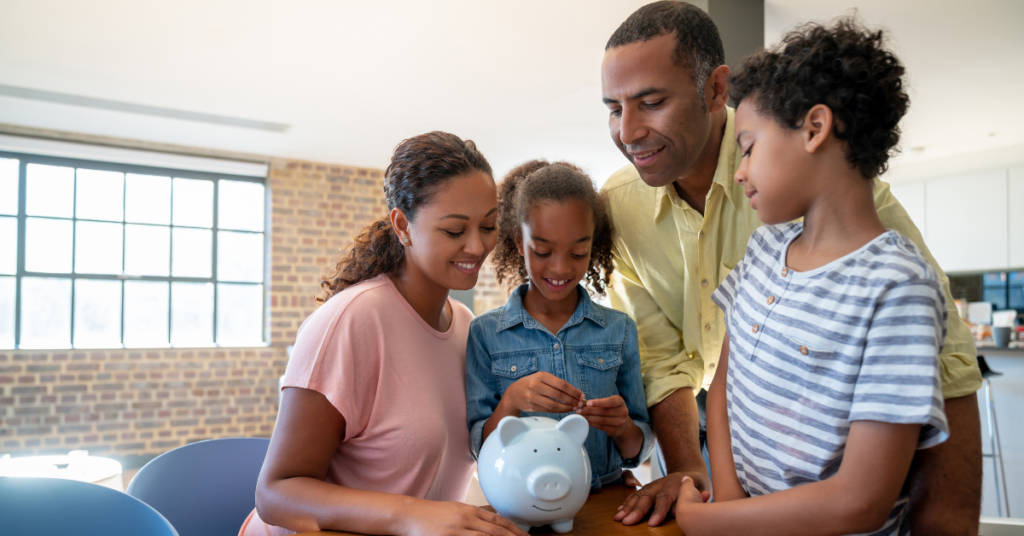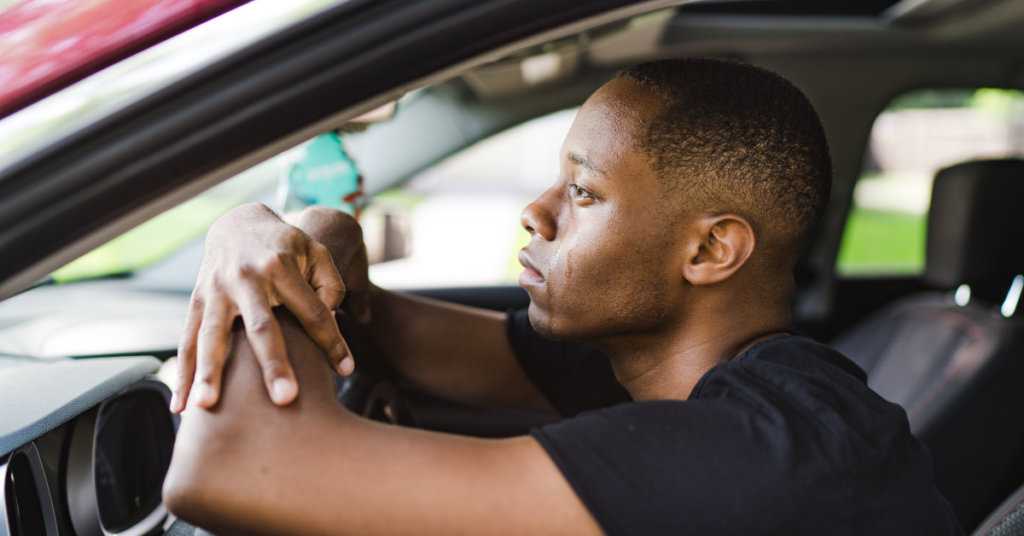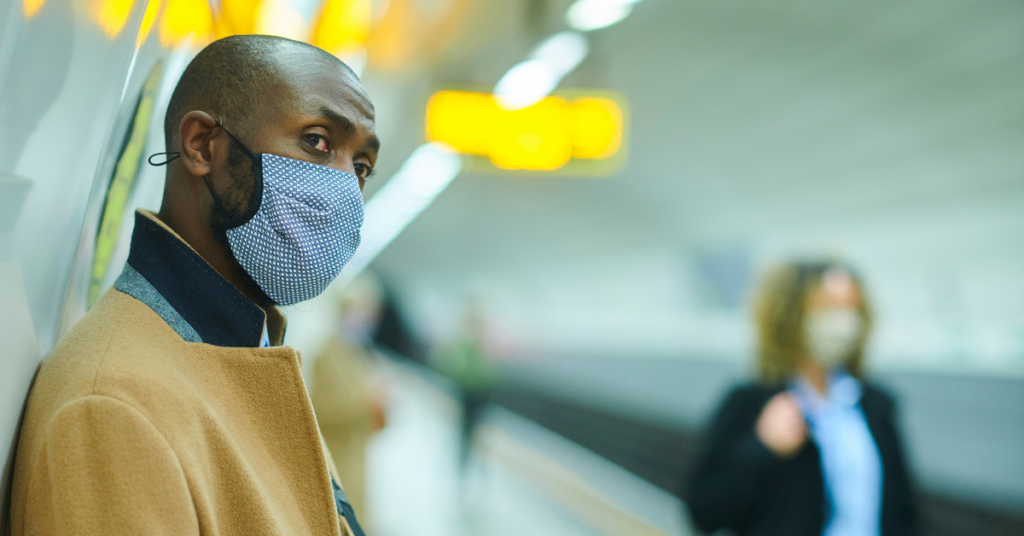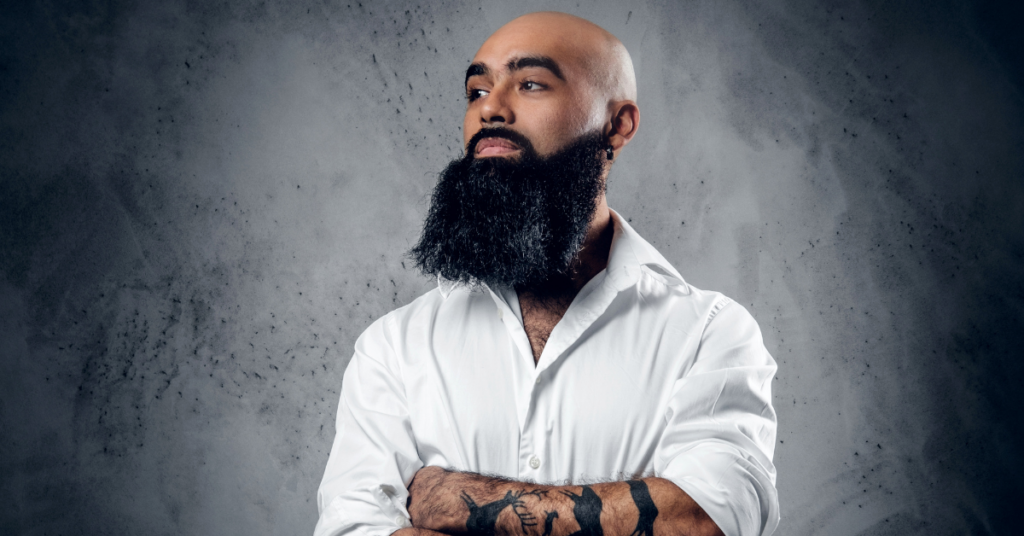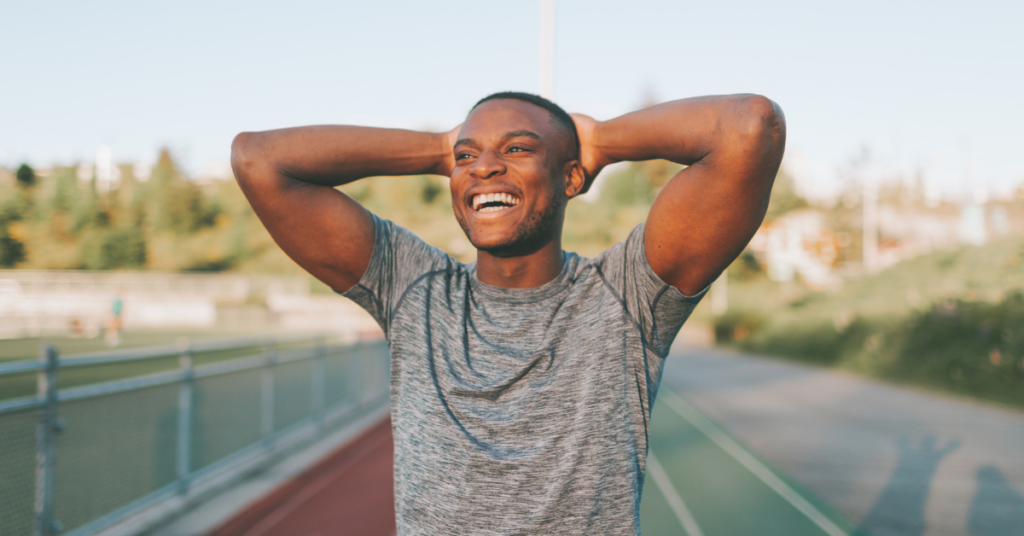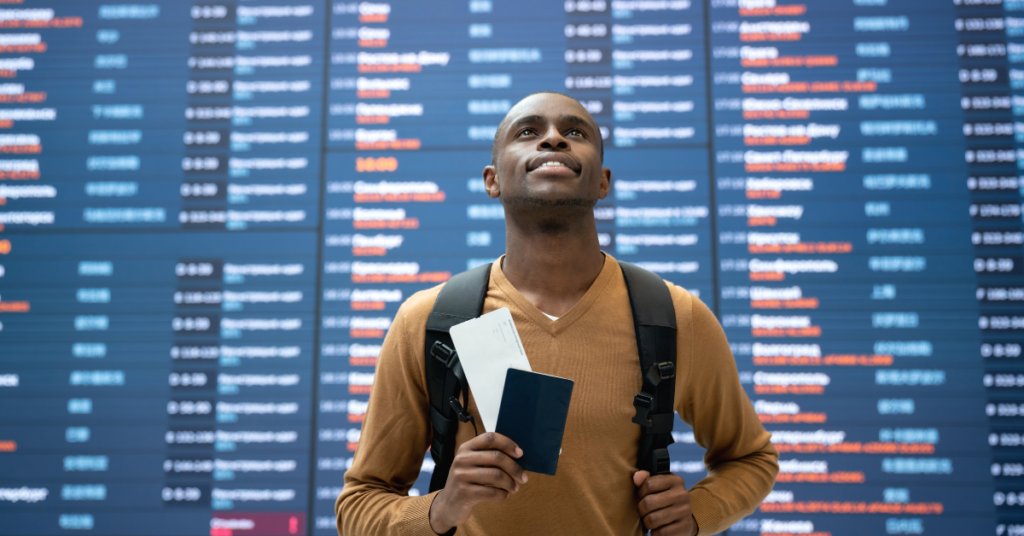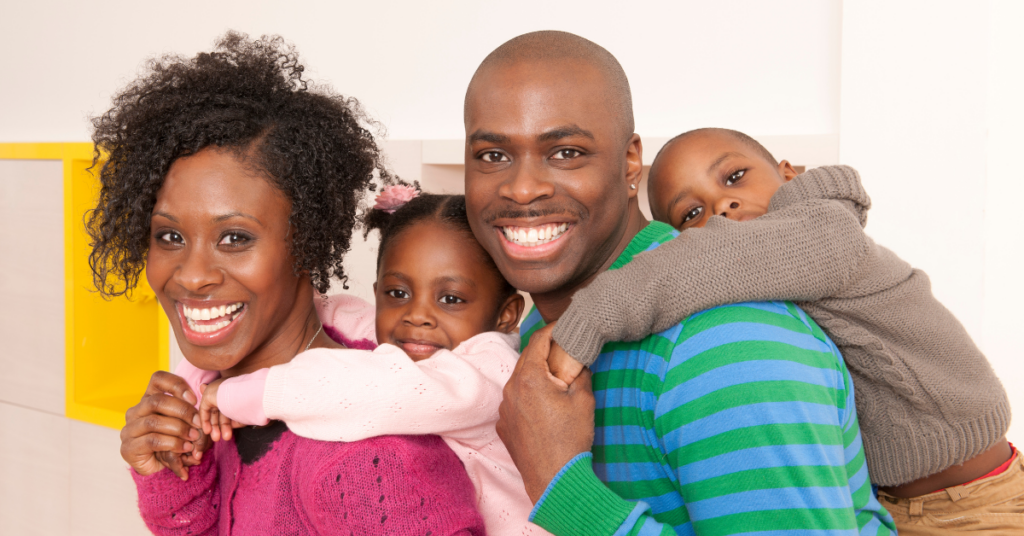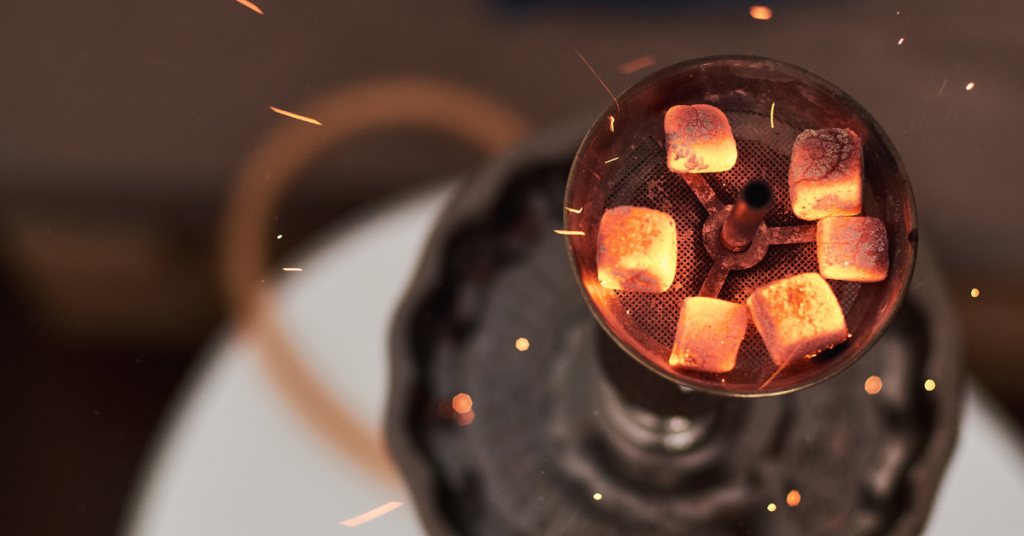Anxiety disorders are the most common mental health conditions in the U.S. About 40 million people have been diagnosed with one.
Anxiety can come from being anxious about attending a party or having nightmares after experiencing violence. The disorders classified under anxiety range from mild to debilitating.
They include generalized anxiety disorder, panic disorder, agoraphobia, specific phobia, social anxiety disorder, post-traumatic stress disorder and obsessive-compulsive disorders.
With over 7 million Black people in the U.S. living with some sort of mental health condition, this group bears a unique burden when it comes to anxiety.
For National Minority Mental Health Awareness Month, we delve deeper into how anxiety uniquely impact them.
Here are three things you should know about Black people and anxiety.
For Black People, Anxiety Often Manifests as this Condition
White people in the U.S. are at a greater risk for developing generalized anxiety disorder, panic disorder, depression and social anxiety. Yet, Black people in the U.S. are more prone to developing post-traumatic stress disorder. The reason, according to this study, is that Black people are more likely to be exposed to environments with high trauma.
For instance, Black youth who witness violence are at a greater risk for developing PTSD, reports the Anxiety and Depression Association of America (ADAA).
These Factors Are Why Black People Experience Anxiety
Black people are often excluded from educational, health and economic opportunities and are more likely to experience worse mental health outcomes as a result, says the National Alliance on Mental Illness (NAMI).
Other environmental factors that can lead to anxiety include crime, violence, racism, homelessness and discrimination. In the U.S., Black people are more likely to be exposed to these factors.
Black Men Don’t Deal with Anxiety Well
While women are diagnosed with any anxiety more than men, that gap appears to be narrowing. What’s more, when men feel anxiety, they resort to self-destructive ways to cope.
“Often men may use alcohol, tobacco, and other non-prescription and prescription drugs to reduce or control the experience and symptoms of anxiety,” Dr. Derek M. Griffith, founder and director of the Center for Men’s Health Equity at Georgetown University, told Medical News Today.
Men don’t get the help they need either.
While those statements apply to all men, Black men are especially burdened. They can experience serious mental health conditions like anxiety because, as one of the least insured groups, they lack access to treatment.
Among men ages 18–44 who had daily feelings of anxiety or depression, Black and Hispanic men (26.4%) were less likely than White men (45.4%) to have used mental health treatments, reports this survey.
Get The Help You Need
There are a number of resources available that provide healthy solutions for anxiety. This ADAA page includes a list of resources, including links to therapy and information.
We also recommend this article, which contains a list of organizations that provide therapy for people of color.


